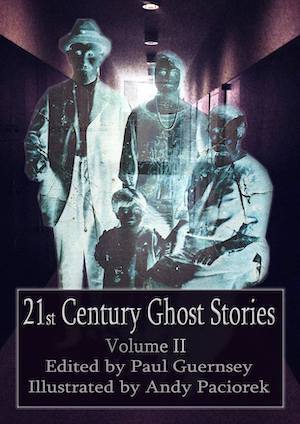
Stephen King. Photo:: Pinguino K
Avoiding Those Worn-Out Phrases
We all employ clichés from time to time—those comfortable old expressions we know our readers or listeners will immediately understand and relate to: Big as a whale—or a house. A face only a mother could love. Hotter than hell.
Part of a writer’s job, however, is to try to see and express things in fresh ways—and a cliché, no matter how appropriate it might seem, is the opposite of fresh. It makes your writing punky-soft with verbal rot.
In his book on writing—titled On Writing—Stephen King tells us, “. . . The most common—and again, landing in this trap can be traced back to not enough reading—is the use of clichéd similes, metaphors, and images. He ran like a madman, she was pretty as a summer day, the guy was a hot ticket, Bob fought like a tiger . . . don’t was my time (or anyone’s) with such chestnuts. It makes you look either lazy or ignorant. Neither description will do your reputation as a writer much good.
“My all-time favorite similes, by the way, come from the hardboiled-detective fiction of the forties and fifties, and the literary descendants of the dime-dreadbful writers. These favorites include “It was darker than a carload of assholes” (George V. Higgins) and “I lit a cigarette [that] tasted like a plumber’s handkerchief” (Raymond Chandler).
“They key to good description begins with clear seeing and ends with clear writing, the kind of writing that employs fresh images and simple vocabulary.”

